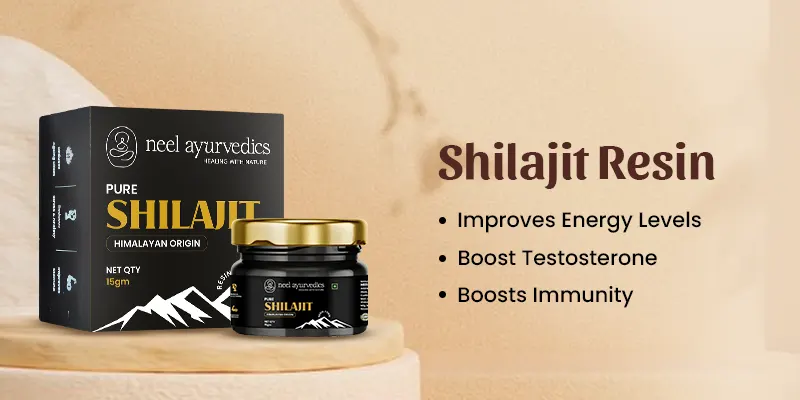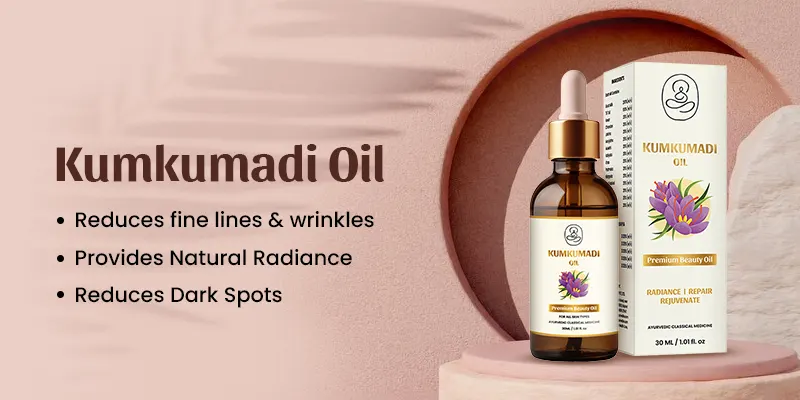Sitaram Ayurveda Dasamool Cough Syrup
£4.00
- Delivery & Return
delivery terms
Free Shipping:
- We offer free shipping for all orders over 30£.
- For orders under 30£ a standard shipping fee will be charged at checkout.
Delivery time:
- Our products are shipped directly from India. Estimated delivery time is 10-15 business days depending on your location.
- You will receive a tracking number via email once your order has been shipped so you can track your package.
Guaranteed delivery:
- We guarantee delivery of all orders. If your order does not arrive within the specified time frame, please contact our customer service team at [email protected] . We will investigate the issue and ensure you receive your order or a full refund.
refund policy
Return process:
- If you wish to return a product, you can do so at your own expense.
- Please contact our customer service team at [email protected] to initiate a return. Include your order number and the reason for the return.
- Returns must be made within 15 days of receiving your order. Products must be unused, unopened and in their original packaging.
Return costs:
- The customer bears the return costs.
- We recommend using a trackable shipping service or purchasing shipping insurance for returns as we cannot guarantee that we will receive your returned item.
Refund Policy:
- Once your return is received and inspected, we will send you an email to notify you of the approval or rejection of your refund.
- If the refund is approved, your refund will be processed and automatically applied to your original method of payment, within a few days.
- In the event of products not being delivered, we guarantee a full refund. Please contact our customer service team to report any delivery issues.
Contact us
If you have any questions or concerns about our delivery and return policies, please feel free to contact us:
- E-Mail: [email protected]
Thank you for choosing Neel Ayurvedics. We appreciate your business and look forward to serving you!
- Ask a Question
- The only expectorant based on Dasamoola katuthraya kashayam. Dasamoola, the potent group of 10 anti-inflammatory roots has a specific action in the region of the Upper respiratory tract, especially the lungs.
- Bronchodilative and analgesic properties of Dasamoola combined with Vasa ( Adathoda vasica), effectively flushes out vitiated phlegm from the respiratory tract and relieves spasm.
- It is fortified with Trikatu, Tulsi and Lajjalu which reduce phlegm production and strengthens the respiratory system. The product also helps in keeping the throat moist and protects it against further infection and disease.
- Honey soothes the irritated throat.
- Stimulates appetite and improves digestion.
Dosage:
Children above 2 yrs: 5 to 10 drops two to three times a day.
Adults: half to one teaspoon two to three times a day or as directed by the physician
Suitable for all ages.
Ingredients:
Mashaparni (Vigna radiata)
It is a nutrition-rich herb. It balances vata and pitta dosha. It increases Kapha dosha and is useful for treating Vata and Pitta Disorders, Fatigue, Muscle wasting and bleeding disorders. It boosts body energy and immunity. It strengthens the muscles. It is used to improve sperm and semen quality and quantity. It is useful in disease related to blood like abscess, menorrhagia, nasal bleeding. It is also given in burning sensation like gastritis, neuropathy, burning sensation in eyes.
Mudgaparni (Vigna pilosa)
It is widely used in ayurvedic system of medicine to treat jaundice, diarrhoea, haemorrhoids, dyspepsia, sedative, coolant, anthelmintic and good for eyes. The plant is reported to possess beneficial effects as a tonic, diuretic, hepatoprotective, antioxidant and antimicrobial. It is also found to induce defence mechanisms against the exposure of UV radiations.
Bilva (Aegle marmelos)
The anti-bacterial properties of bael pacify Vata and Kapha doshas and cures and prevent many skin infections.
Agnimantha (Premna integrifolia)
The extracts of Agnimantha play a vital role in improving skin glow and texture. It prevents dark circles, blemishes, breakouts, scars left after the healing of acne, suntans, and various signs of aging and provides a natural radiance to the skin.
Shyonaka (Oroxylum indicum)
It detoxifies the blood, cleanses wounds and helps in faster healing.
Gambhari (Gmelina arborea)
One of the dashamoola roots it effectively reduces inflammation and improves wound healing. The potent antioxidant properties help in cleansing the blood and removing dullness of skin and wrinkles.
Patala (Stereospermum colais )
The herb is highly effective in purifying the blood. It also treats burns, wounds, reduces blisters, and provides relief from pain and burning sensation.
Shalaparni (Pseudarthria viscida)
The extract is highly beneficial in treating allergic conditions and skin infections and provides relief from redness, itching, and dryness.
Gokshura (Tribulus terrestrius)
Being an amazing skin emollient, this prickly dried fruits of the gokshura tree treats skin infections and inflammatory conditions. It also helps in treating the various signs of ageing like wrinkles, fine lines, dark circles, etc. and bestows a smooth, glowing, revitalised skin.
Pippali (Piper longum)
Pippali is known as “tridoshic” herb as it suits all body types. Thus regular consumption of pippali in suggested quantity can help you to immune your body to quiet an extent. Pippali has Anti-microbial, Anti-inflammatory activity. Consumption of pippali is said to exhibit antispasmodic action and hypoglycaemic effect, which is believed to lower blood sugar level. It is also reported to be an antagonist in respiratory depression. Also, due to its cooling post-digestive effect consumption of pippali is considered as a safe and effective option to avoid all sorts of digestive disorders.
Shunti (Zingiber officinale)
The dry form of ginger, Shunti is a common spice in the Indian kitchen. It bears an enormous number of pharmacological activities among those, Neuroprotective activity and activity against colon cancer have facilitated the extent of further research for finding out less toxic and more potent drugs for the better treatment of related diseases. Ginger is extensively used around the world in foods as a spice. Ginger has been used for cold-induced disease, nausea, asthma, cough, colic, heart palpitation, swellings, dyspepsia, loss of appetite, dyspnoea, vomiting, gastritis, thirst, post partum disorders and rheumatism. It is a carminative & antipyretic and is used to treat bronchitis, gastrointestinal disorders and piles.
Black pepper (Piper nigrum)
Is native to Western Ghats of India. It is cultivated for its fruit, which is widely used as a spice and in traditional Indian medicine preparation. Black pepper is an appetiser and carminative commonly used in the treatment of digestive system related complaints like dyspepsia, indigestion, flatulence, nausea, diarrhoea and colic pain. In the respiratory system it acts like expectorant used in Cough, cold and chest congestion. Externally used as an analgesic and in Vitiligo, it stimulates the production of pigments.
Kantakari (Solanum xanthocarpum)
Kantakari is also known as “Indian nightshade or “Yellow-berried nightshade”. It is an important medicinal herb and is also a member of Dashmul (ten roots) of the Ayurveda. The herb is pungent and bitter. Kantakari is beneficial for the management of respiratory problems like cough and asthma due to its expectorant property. It helps to release mucus from the respiratory passages and prevent asthmatic attacks. According to Ayurveda, taking Kantakari powder along with water or honey help in digestion by improving the Agni (digestive fire) due to its Deepan (appetiser) and Pachan (digestive) properties.
Dusparsa (Mimosa pudica )
Has been found useful in cases of uterine prolapse with bleeding. The plant relives muscle spasms and cramps. It strengthens nerve function.
Tulsi (Solanum xanthocarpum)
It is called the queen of all herbs. It is used widely in Ayurvedic and naturopathic medicines which helps in the healing of the human body in a natural manner. Not only do Tulsi leaves benefit people, but its flowers too. Tulsi can help you get rid of many health problems ranging from fever to kidney stones. Ayurvedic texts have also categorised the wonder herb as a stimulant, antipyretic and aromatic.
Based on 0 reviews
|
|
|
0% |
|
|
|
0% |
|
|
|
0% |
|
|
|
0% |
|
|
|
0% |













Reviews
There are no reviews yet.